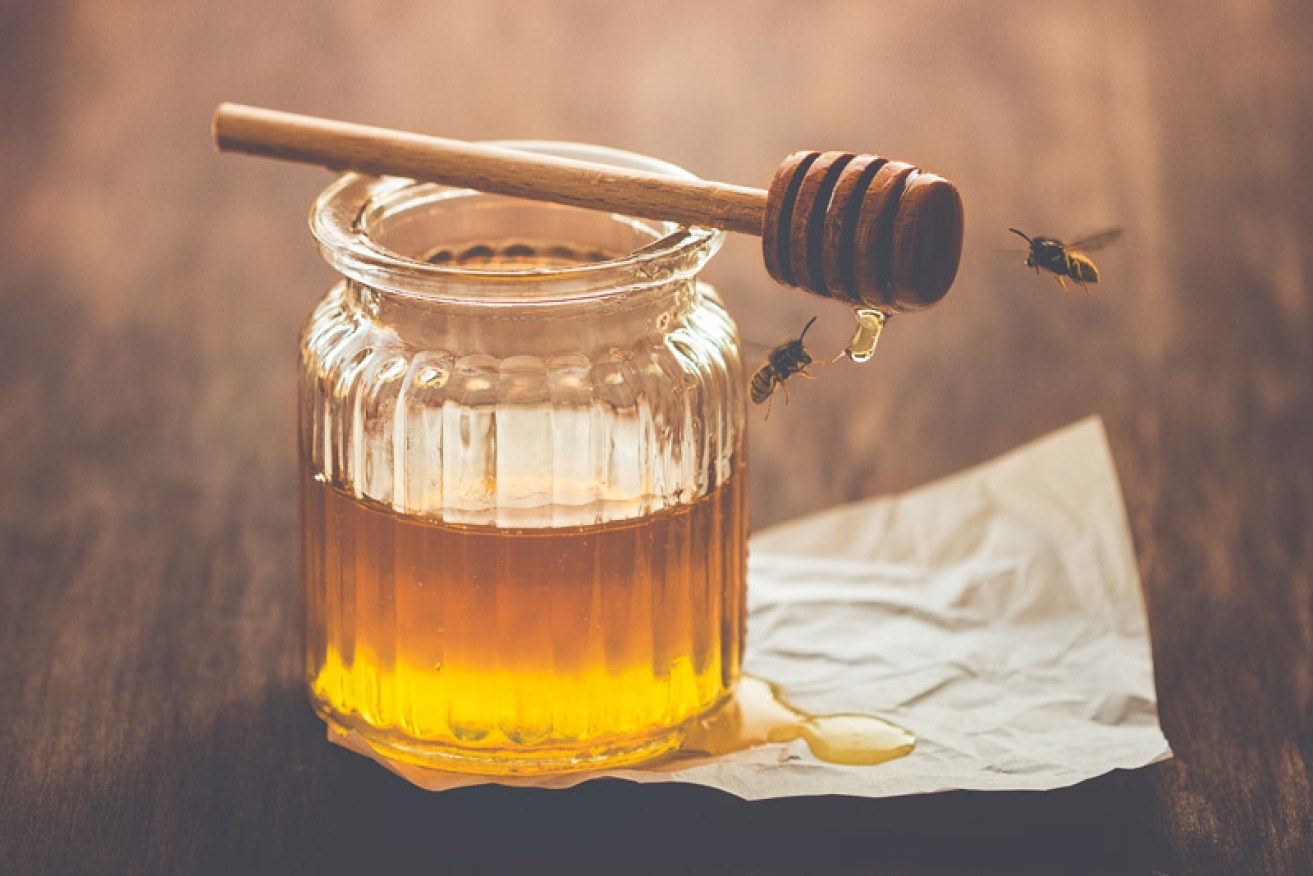Aussie honey ‘contains toxins’


Getty
The Australian honey industry has rejected research claiming that its product is the world’s most contaminated, and could be linked to cancer.
The research, published in the Food Additives and Contaminants, was conducted using Australian and New Zealand honey samples sourced from supermarkets in Australia, and revealed high levels of toxins, causing concern for food safety authorities.
Experts said pregnant and breastfeeding women should particularly be wary of the toxins, which could harm unborn children and breastfed infants.
• Gentleman Jo comes to the rescue of ball girl
• What the MH370 search has uncovered so far
• Terrorist kills journalists
The dangerous substances detected were pyrrolizidine alkaloids, which plants use to ward off insects. These alkaloids are reportedly the most common cause of poisoning in humans and livestock.
But the Australian Honeybee Industry Council’s Trevor Weatherhead said those claims were based on outdated research, relying on samples collected between 2008 and 2012.
“Patterson’s curse, you don’t see much of it around nowadays because of the biological control program that’s been put in place to get rid of it, and it’s been fairly successful,” Mr Weatherhead said.
“There may have been some somewhere but it would have been negligible, and there would have been negligible amounts of honey produced off that Patterson’s curse because it’s just not there.”
While the products met food safety standards in Australia, all but five local honeys that were tested had greater levels of pyrrolizidine alkaloids than the European Food Safety Authority (EFSA) considered tolerable and safe.
The source of the contamination was thought to be weeds like Paterson’s curse (known as Salvation Jane) and Fireweed, which Australian bees pollinate.
Food Standards Australia and New Zealand reportedly bans the inclusion of the weeds in human food due to high alkaloid levels, but allows honey to be made from the plants so long as it is diluted by blending with honey made from other plants.
“Contaminants should be kept as low as achievable, therefore blending is the most practical way of reducing the levels of pyrrolizidine alkaloids,” an FSANZ spokesperson told Fairfax Media.
A United Nations registered expert on the issue, Australian toxicologist Dr John Edgar, claimed that eating these poisons “could be a significant cause of cancer”.
“Reducing the contamination in foods such as honey, teas, salads, flour, dairy and herbal products could result in a significant reduction in cancer cases worldwide.”
-with ABC








